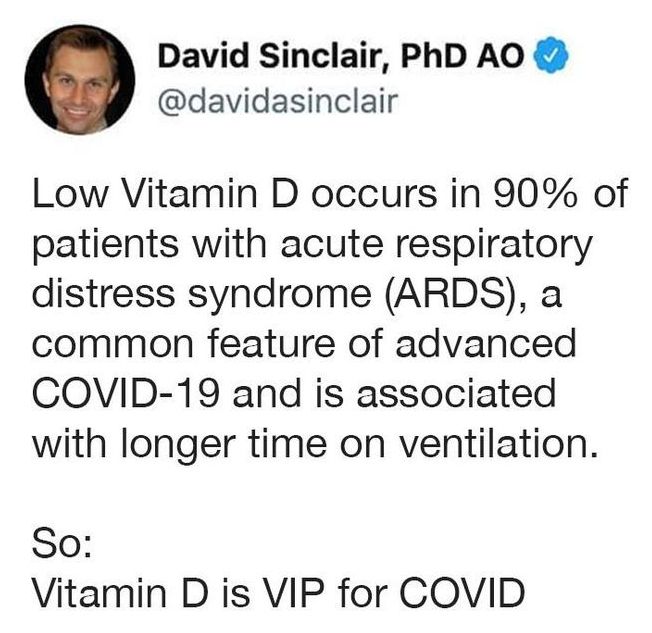
Category: biotech/medical – Page 2,023

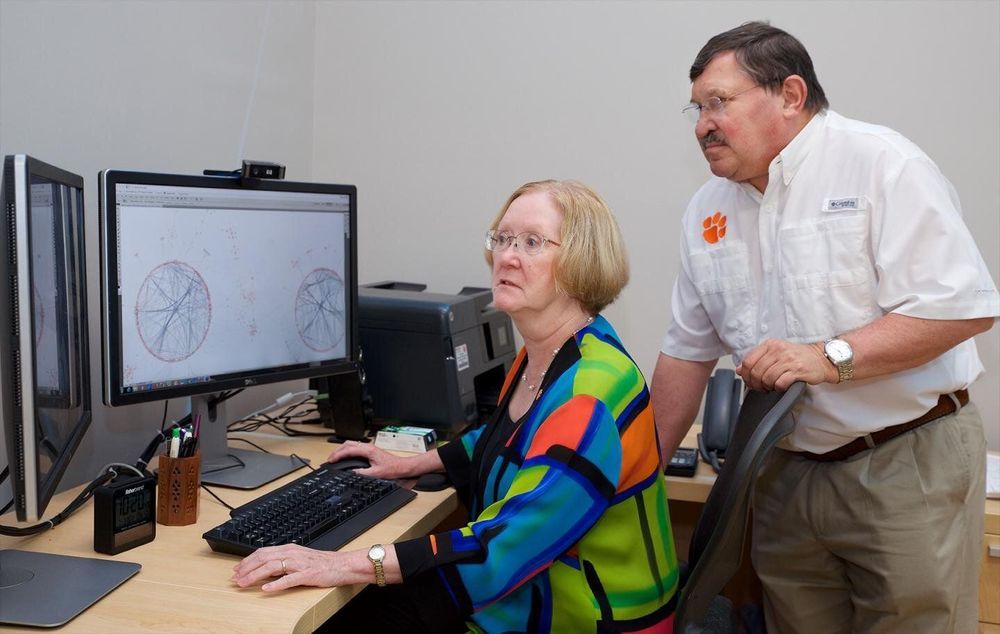
Geneticists zeroing in on genes affecting life span
“We were very pleased to find out that even though life span is a very complicated trait caused by variation on a large number of loci, which is true for most complex traits, the number of loci that are in common is a totally finite number. So, we can imagine going on to the next stage and investigating one gene at a time and in combination,” Mackay said.
Scientists believe about 25 percent of the differences in human life span is determined by genetics—with the rest determined by environmental and lifestyle factors. But they don’t yet know all the genes that contribute to a long life.
A study published March 5, 2020, in PLOS Biology quantified variation in life span in the fruit fly genome, providing valuable insights for preserving health in elderly humans—an ever-increasing segment of the population. The paper titled “Context-dependent genetic architecture of Drosophila life span” is the culmination of a decade of research by Clemson University geneticists Trudy Mackay and Robert Anholt.
It remains difficult to address the genetic basis for life span in humans, so researchers conduct their experiments with model systems. Mackay, the Self Family Endowed Chair of Human Genetics, is one of the world’s leading experts on the Drosophila melanogaster model (aka the common fruit fly), which is an excellent model for comparative analysis of human disease and aging. About 70 percent of the fruit fly genome has a human counterpart.
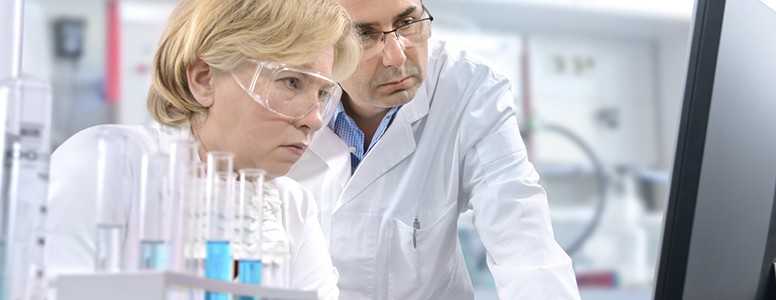
CRISPR has success in treating mice with type 1 diabetes
Circa 2017
Insulin-producing cells have been restored in mouse models of type 1 diabetes using a new genetic engineering technique.
American scientists adapted the gene editing technology known as CRISPR (clustered, regularly interspaced, short palindromic repeat) to successfully treat mouse models of type 1 diabetes, kidney disease and muscular dystrophy.
CRISPR enables scientists to edit the genetic material of an organism allowing for DNA sequences to be easily altered and gene function to be modified.
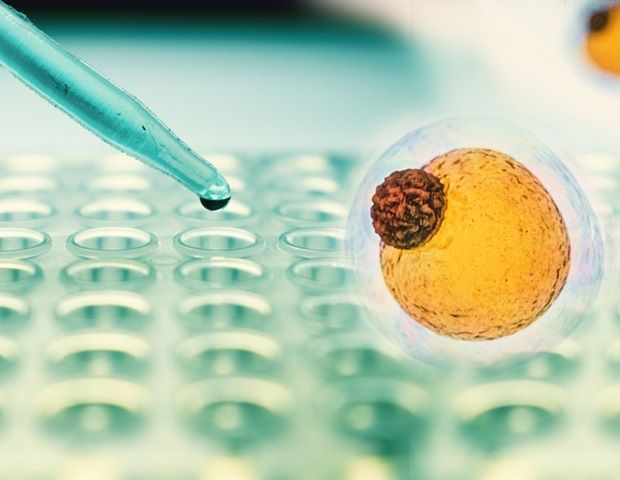
CRISPR-Cas9 successfully reverses type 2 diabetes in mice
Circa 2019
Researchers at Hanyang University, South Korea, have used the gene-editing technology CRISPR-Cas9 to treat obesity and type 2 diabetes in mice, a development that could eventually benefit humans. The therapy specifically reduced fat tissue and reversed obesity-related metabolic disease in the animals.

North Korea fires barrage of missiles from ground and air
SEOUL, South Korea (AP) — A barrage of North Korean missiles fired from both the ground and fighter jets splashed down on the waters off the country’s east coast on Tuesday, South Korea’s military said, a show of force on the eve of a key state anniversary in the North and parliamentary elections in the rival South.
The back-to-back launches were the latest in a series of weapons tests that North Korea has conducted in recent weeks amid stalled nuclear talks and outside worries about a possible coronavirus outbreak in the country.
North Korean troops based in the eastern coastal city of Munchon first launched several projectiles — presumed to be cruise missiles — on Tuesday morning, South Korea’s Joint Chiefs of Staff said in a statement.

Humming greatly increases nasal nitric oxide
The paranasal sinuses are major producers of nitric oxide (NO). We hypothesized that oscillating airflow produced by humming would enhance sinus ventilation and thereby increase nasal NO levels. Ten healthy subjects took part in the study. Nasal NO was measured with a chemiluminescence technique during humming and quiet single-breath exhalations at a fixed flow rate. NO increased 15-fold during humming compared with quiet exhalation. In a two-compartment model of the nose and sinus, oscillating airflow caused a dramatic increase in gas exchange between the cavities. Obstruction of the sinus ostium is a central event in the pathogenesis of sinusitis. Nasal NO measurements during humming may be a useful noninvasive test of sinus NO production and ostial patency. In addition, any therapeutic effects of the improved sinus ventilation caused by humming should be investigated.

NanoViricides, Inc. Progress on COVID-19 Drug Encouraging
The company’s update on its development of COVID-19 drug candidate is promising.
Vancouver, British Columbia—(Newsfile Corp. — March 31, 2020) — NanoViricides, Inc. (NYSE American: NNVC) (the “Company”) is a nano-biopharmaceutical Company at the development stage, with proprietary and patented drug development work focused on viral diseases. The Company’s research involves the use of a unique nanomedicine technology called nanoviricides — agents designed to “fool” a virus into attaching to an antiviral nanomachine, in the same way that the virus normally attaches to the receptors on a cell surface, but for the purpose of its neutralization and destruction. NanoViricides was highlighted by SmallCapsDaily for providing an update on its progress to develop a drug that can treat COVID-19, the coronaviral pneumonia disease which is caused by the SARS-CoV-2 virus, aka, 2019-nCoV, also known as the Wuhan coronavirus.
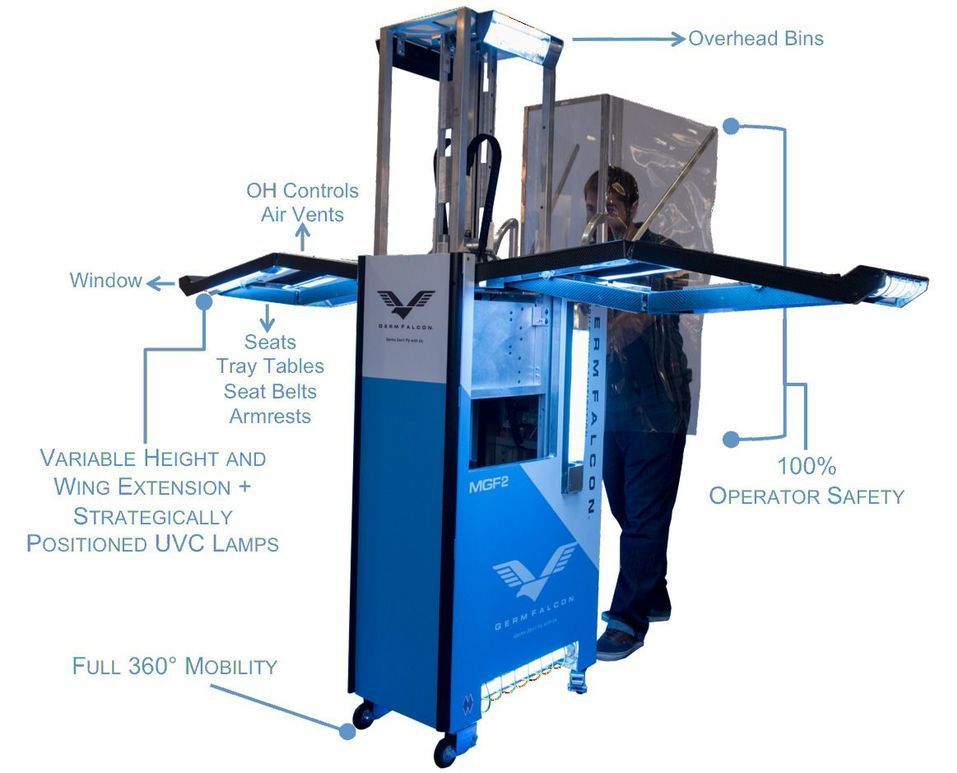
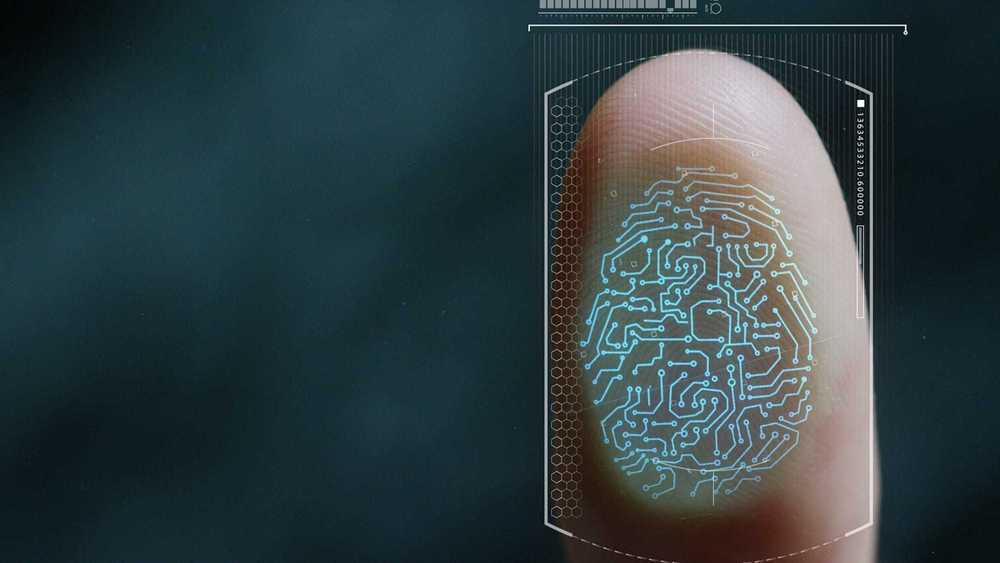
ID2020 and partners launch program to provide digital ID with vaccines
Step two of…
(Meanwhile in Bangladesh)
The ID2020 Alliance has launched a new digital identity program at its annual summit in New York, in collaboration with the Government of Bangladesh, vaccine alliance Gavi, and new partners in government, academia, and humanitarian relief.
The program to leverage immunization as an opportunity to establish digital identity was unveiled by ID2020 in partnership with the Bangladesh Government’s Access to Information (a2i) Program, the Directorate General of Health Services, and Gavi, according to the announcement.
Shelter in Place with Shane Smith & Edward Snowden (Full Episode)
Shane chats with former NSA spy and whistleblower Edward Snowden on the rise of authoritarianism during the COVID-19 pandemic.
About VICE:
The Definitive Guide To Enlightening Information. From every corner of the planet, our immersive, caustic, ground-breaking and often bizarre stories have changed the way people think about culture, crime, art, parties, fashion, protest, the internet and other subjects that don’t even have names yet. Browse the growing library and discover corners of the world you never knew existed. Welcome to VICE.
Connect with VICE:
Check out our full video catalog: http://bit.ly/VICE-Videos
Videos, daily editorial and more: http://vice.com
More videos from the VICE network: https://www.fb.com/vicevideo
Like VICE on Facebook: http://fb.com/vice
Follow VICE on Twitter: http://twitter.com/vice
Follow us on Instagram: http://instagram.com/vice
The VICE YouTube Network:
VICE: https://www.youtube.com/VICE
MUNCHIES: https://www.youtube.com/MUNCHIES
VICE News: https://www.youtube.com/VICENews
VICELAND: https://www.youtube.com/VICELANDTV
Broadly: https://www.youtube.com/Broadly
Noisey: https://www.youtube.com/Noisey
Motherboard: https://www.youtube.com/MotherboardTV
VICE Sports: https://www.youtube.com/NOC
i-D: https://www.youtube.com/iDmagazine
Waypoint: https://www.youtube.com/Waypoint